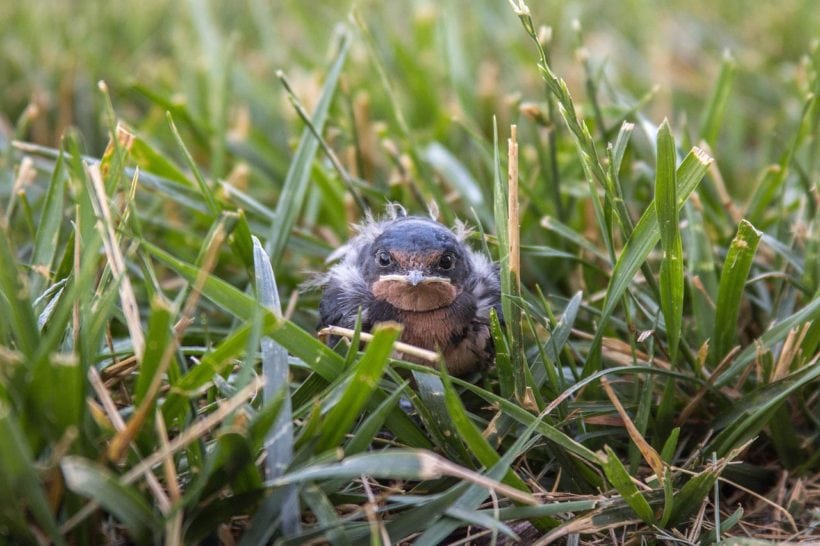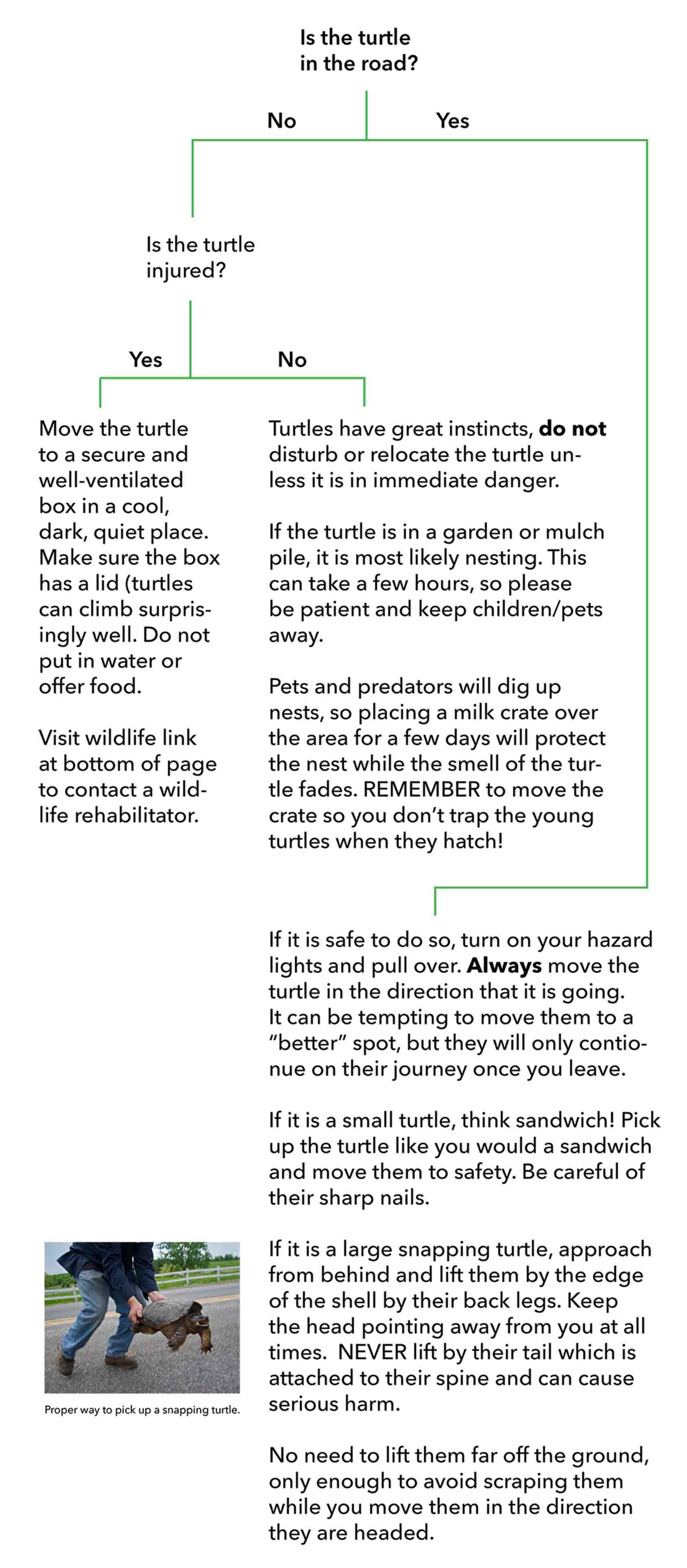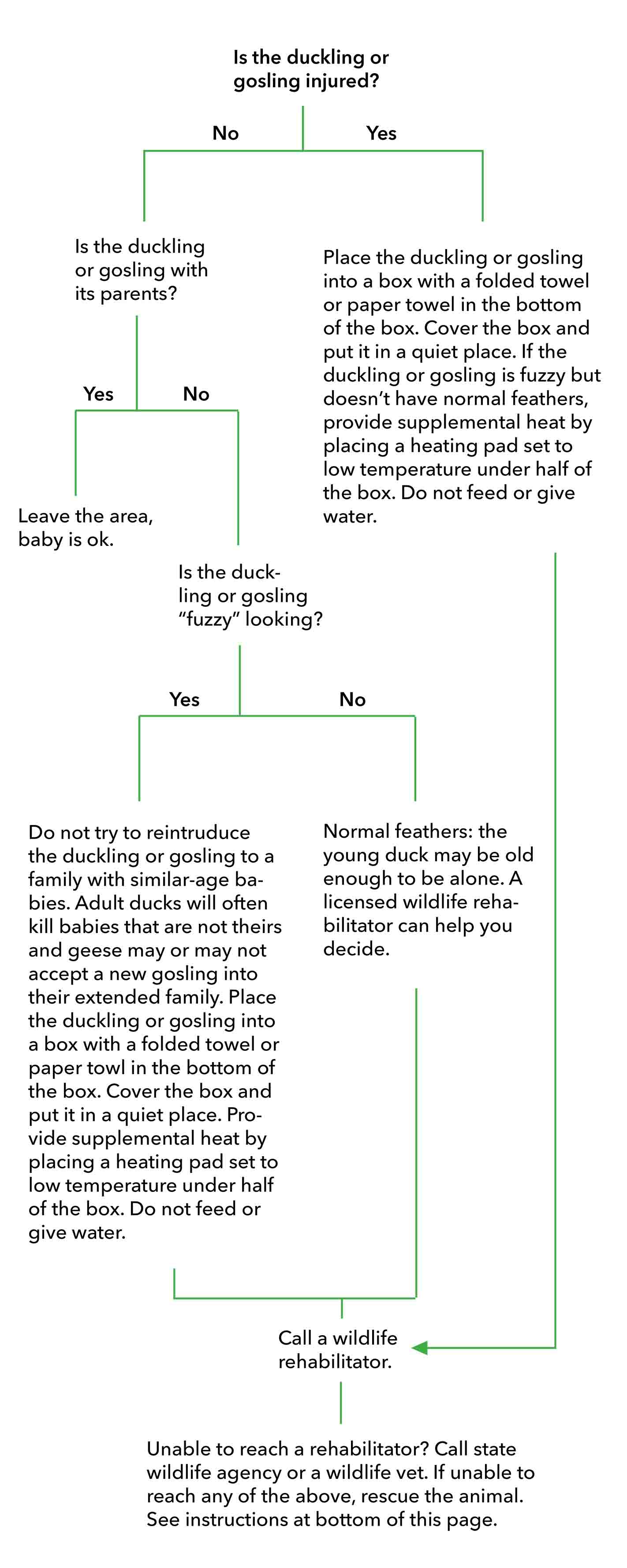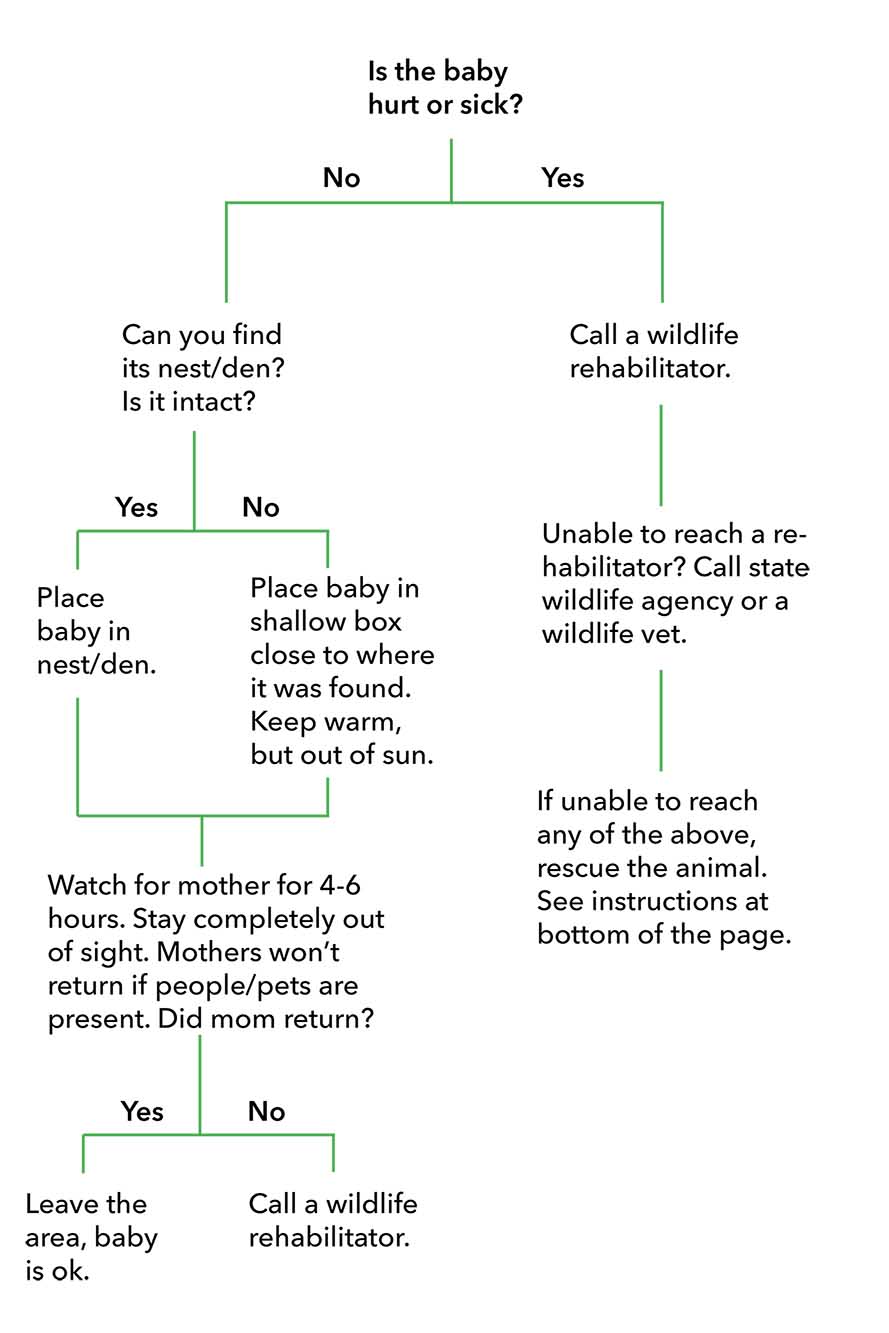I’ve found injured/stranded wildlife, what now?
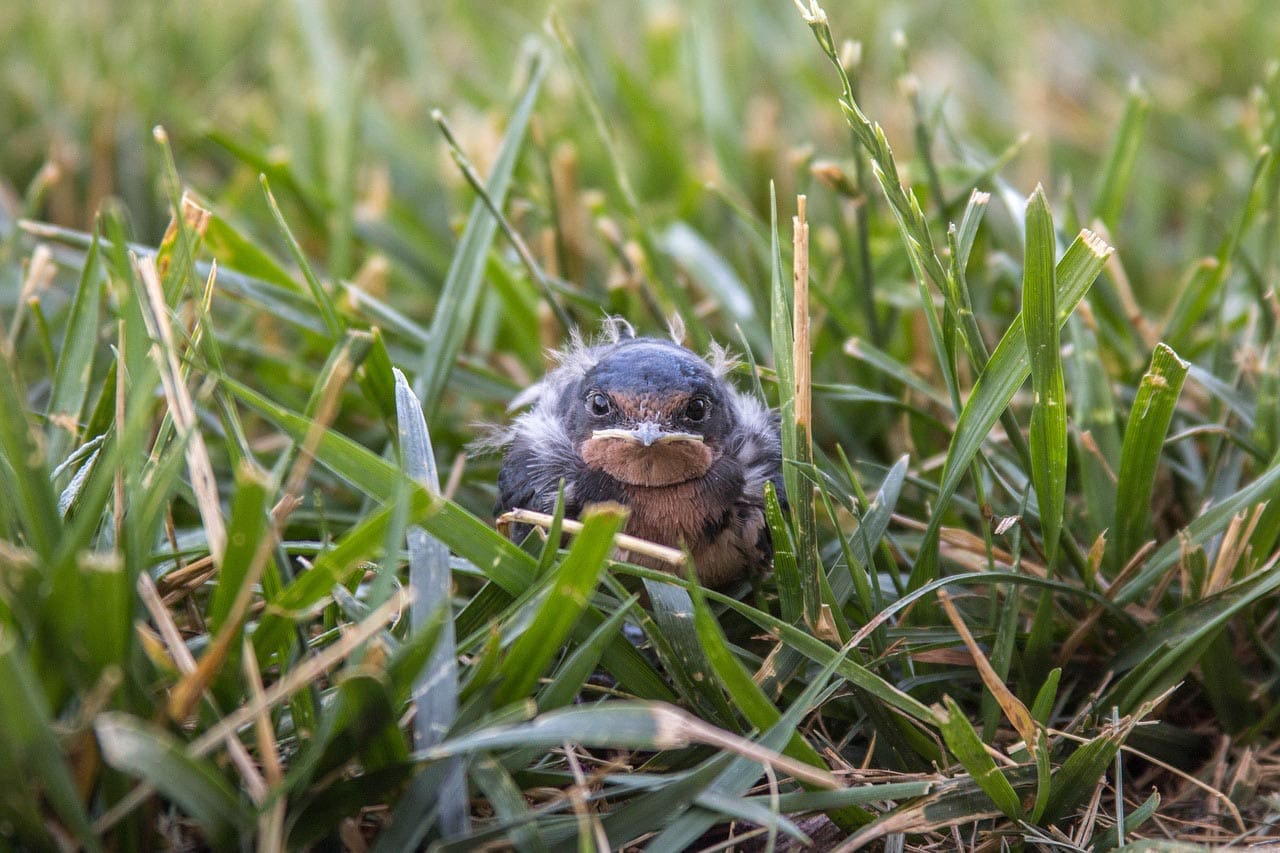
While we almost always have good intentions when we try to help wildlife, we could unintentionally be doing more harm than good. Here’s a handy guide to what you should do if you come across wildlife that you believe to be injured or stranded.
The best thing you can do if you find a nest of baby bunnies is to leave them alone.
Mom visits 2x a day at dawn and dusk, and spends the remaining time hidden. This is how they keep hawks and other predators from finding the nest. Baby rabbits are very difficult to rehabilitate, making mom their best chance of survival.
Rabbits mature very quickly and will usually move on after a couple weeks. Once their eyes are open and they leave the nest, they are on their own. PLEASE be patient and allow them to leave on their own.
If you must move them, do so by creating a nest nearby and placing the bunnies in it. Recreate the nest to the original as well as you can. It’s ok to touch the babies when moving to the new nest, mom doesn’t mind.
How to protect them from pets Cover the nest with an upside down wheelbarrow. This keeps pets out and allows mom to come in.
Wildlife Rehabilitators
To find a licensed rehabilitator near you, follow the link below. If you can’t get in touch, leave a message.
Have an injured animal and can’t reach a rehabilitator?
Most rehabilitators have full-time jobs and are rehabilitators on the side as a service to our community. You may need to call multiple people and leave messages before hearing back. If this is the case, here’s how you rescue the animal:
- Gently place a towel over the animal and scoop it up
- Place in a secure box (with a lid) in warm dark quiet place, away from children and pets
- Do not offer food or water
General information to remember
- Wild animals are not like domesticated animals, and have special needs. Licensed rehabilitators have special training and knowledge to work with wildlife
- Taking wildlife out of the wild isn’t only unethical, it’s against the law
Sources
We’d like to thank the organizations that have made this information publicly available:
- NYS Wildlife Rehabilitation Council
- NYS Department of Environmental Conservation


